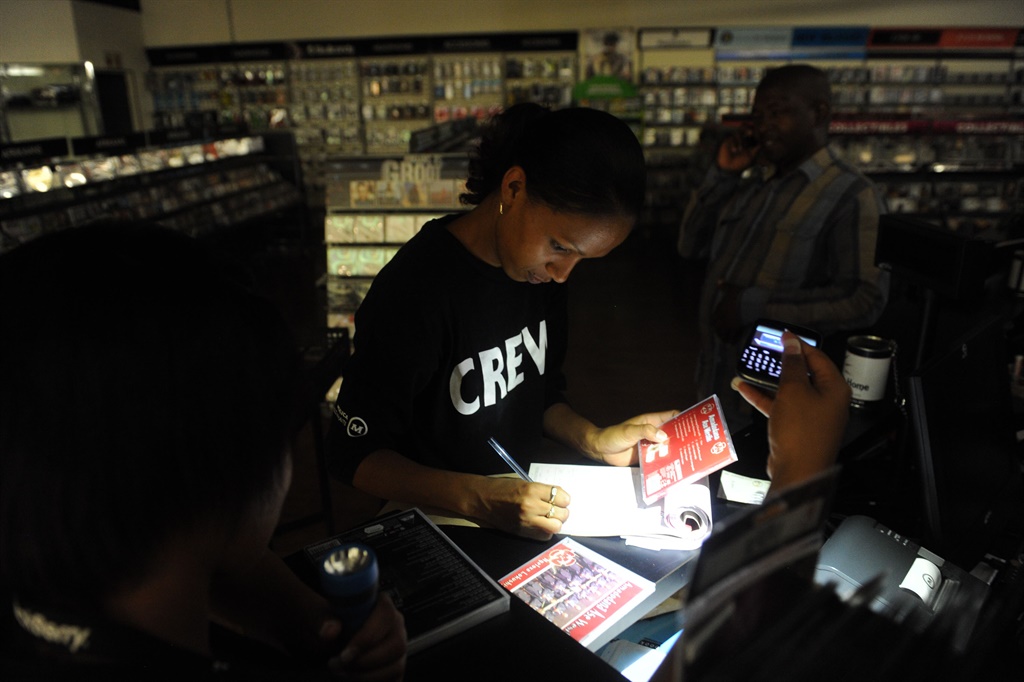
My local supermarket has a big banner that screams: “We are open during load shedding.”
The same goes for the fruit and veggie shop nearby.
Even a pharmacy and beauty retail giant has posted this message on its adverts.
The message is clear: Business will operate as normal even when the country is plunged into darkness, caused by the constant load shedding implemented by power utility Eskom.
Petrol generators, solar panels and other energy converters are sought-after items for households and businesses intent not only on keeping the lights on, but also on maintaining income they risk losing during power cuts.
The recent Stage 6 load shedding we experienced has generated (no pun intended) even more panic in citizens, who realise that they can no longer rely on Eskom for electricity – hence the alternative plans.
While this is not a normal situation, the fact that it has become a regular occurrence has forced South Africans to regard it as normal – and find a way to accept that the constant power cuts are here to stay, and live with the situation.
So, we have normalised an abnormal situation.
It seems to be something that we do well when faced with such a sticky situation.
Drive around suburbia, and you will see walled houses with fences. They are wired with state-of-the-art security systems, and vicious dogs roam in the yard.
We live in caged homes and gated communities to protect ourselves from criminals entering.
The private security industry is booming, and insurance companies always ask if your home has an alarm system or if it is linked to an armed reaction service before determining your insurance premium.
The right to quality healthcare and a decent education comes at a price for South Africans.
Public hospitals are no-go areas for those of us who are employed, as companies have set private medical aid cover as a condition of employment.
And private schools are mushrooming countrywide to cater for parents who think they are doing right by their children by offering them the best education money can buy.
All this abnormality has become normal. We continue with our lives as if this is normal. But it is not.
Security, healthcare, education and housing are some of the rights that politicians signed up to deliver to us when they assumed office and pledged allegiance to the Constitution.
But the same politicians have trampled on the pledge they made.
The citizenry has done nothing; it has accepted leaders’ failures and gone as far as retaining them, so they will remain in their posts come the next elections.
And so, we are complicit in normalising the abnormal.
 | ||||||||||||||||||||||||||
Dumisane LubisiExecutive editor | City Press | ||||||||||||||||||||||||||
| ||||||||||||||||||||||||||
| Rise above the clutter | Choose your news | City Press in your inbox | ||||||||||||||||||||||||||
| City Press is an agenda-setting South African news brand that publishes across platforms. Its flagship print edition is distributed on a Sunday. |




 Publications
Publications
 Partners
Partners








